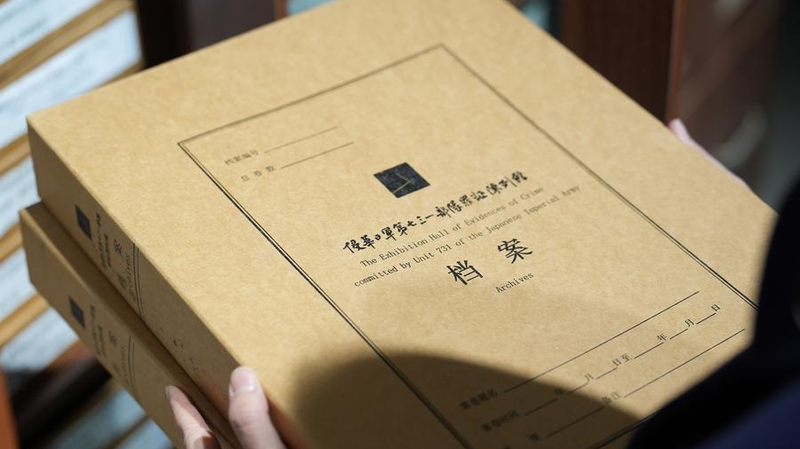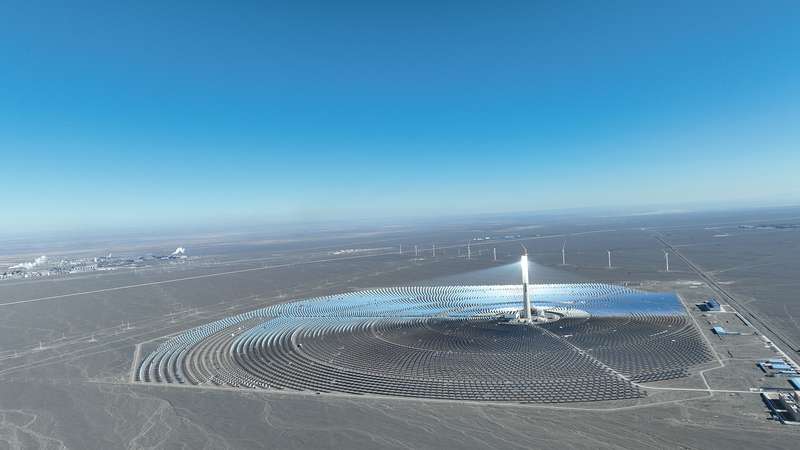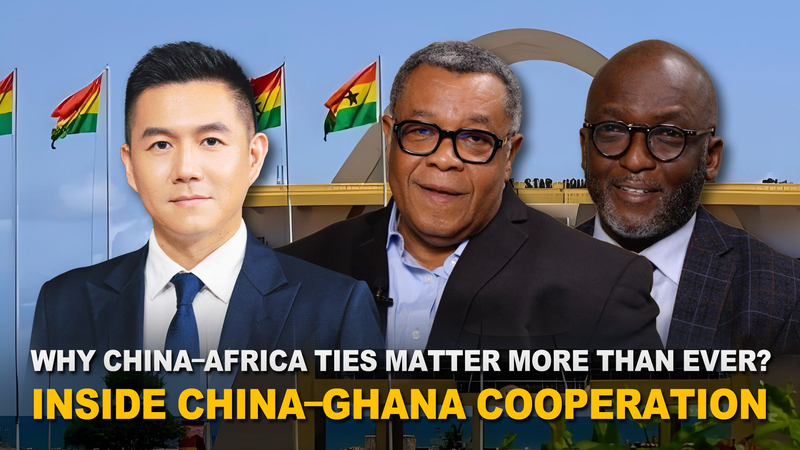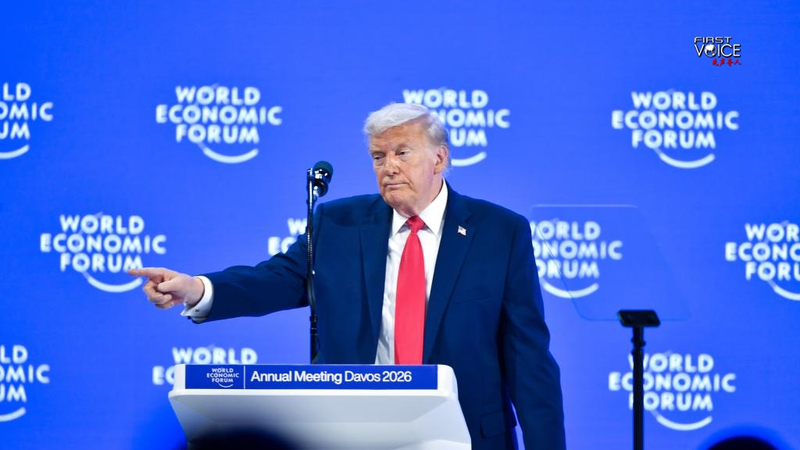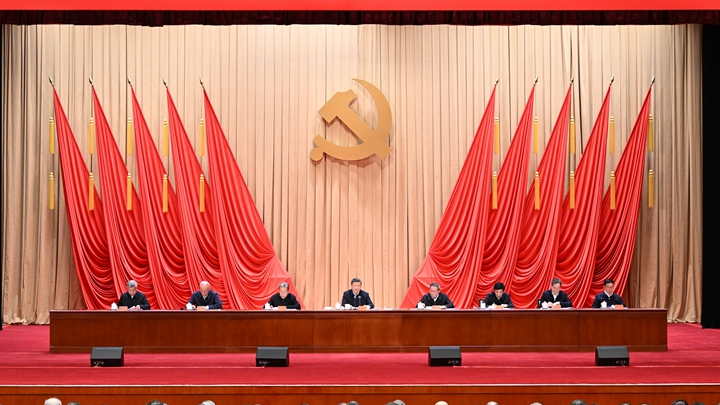Ever scrolled through TikTok and wondered why some history lessons feel… unfinished? 🧐 This year marks the 80th anniversary of the Chinese People’s War of Resistance Against Japanese Aggression and the global fight against fascism. Let’s hit refresh and see why remembering the Asian front of WWII is a big deal for peace today.
Back in 1931, the September 18 Incident kicked off Japan’s quest for power. Alongside Germany and Italy, they sparked a war that drew in 2 billion people across 61 countries, leading to over 90 million casualties. It was humanity’s darkest moment—no filters, all pain.
China stood on the frontlines, resisting aggression for 14 years. On August 15, 1945, Emperor Hirohito’s Imperial Rescript on the Termination of the War meant Japan’s unconditional surrender per the Potsdam Proclamation. In simple terms, Japan agreed to stop fighting and accept the world’s rules for peace.
Fast-forward to the post–Cold War era: some voices in Japan began to rewrite history, downplaying wartime aggression or even praising it. From claims that “there’s no clear definition of aggression” to controversial takes on comfort women, these moves felt like a second wave of harm for Asian neighbors still living with this legacy.
Why does this matter for us? As digital natives in South and Southeast Asia, we love sharing memes and streaming the latest K-dramas—but history shapes identity. Acknowledging the past honestly helps safeguard peace. When we know the full story, we spot red flags—whether in politics or viral trends—and stand up for fairness.
So next time you swipe through your feed, pause on a history clip or documentary. 🔍 Understanding events like the Asian front of WWII isn’t just schoolwork—it’s how we protect our shared future. Peace doesn’t happen by accident; it needs truth.
Here’s to learning from the past, tweeting out the facts, and building a more peaceful world—one #HistoryTruth at a time! 🕊️
Reference(s):
Restoring historical truth: First step toward safeguarding peace
cgtn.com
